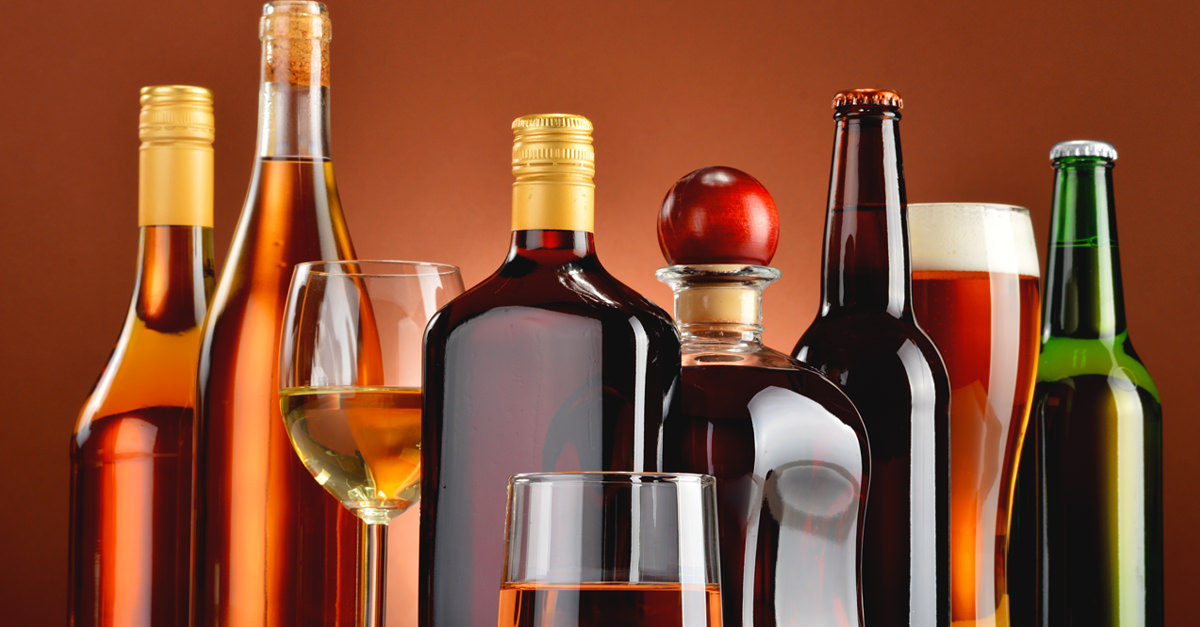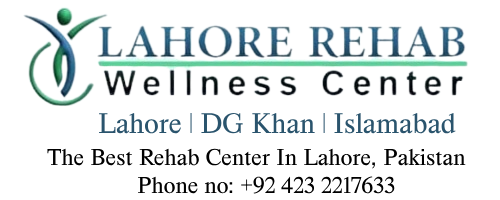LRWC TREATMENT PROGRAMS
Alcohol
What is Alcohol?
Alcohol (ethanol or ethyl alcohol) is the ingredient found in beer, wine and spirits that causes drunkenness.
Alcohol is formed when yeast ferments (breaks down without oxygen) the sugars in different food. For example, wine is made from the sugar in grapes, beer from the sugar in malted barley (a type of grain), cider from the sugar in apples, vodka from the sugar in potatoes, beets or other plants.
Alcohol is classed as a ‘sedative hypnotic’ drug, which means it acts to depress the central nervous system at high doses. At lower doses, alcohol can act as a stimulant, inducing feelings of euphoria and talkativeness, but drinking too much alcohol at one session can lead to drowsiness, respiratory depression (where breathing becomes slow, shallow or stops entirely), coma or even death.
As well as its acute and potentially lethal sedative effect at high doses, alcohol has effects on every organ in the body and these effects depend on the blood alcohol concentration (BAC) over time.


